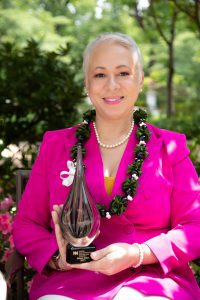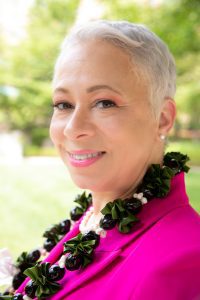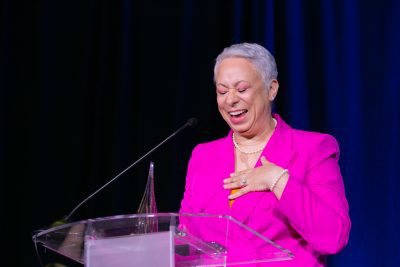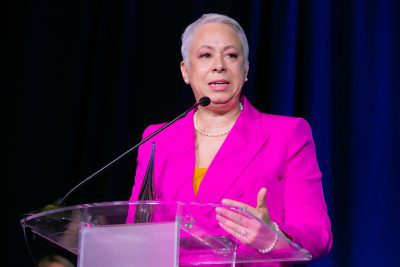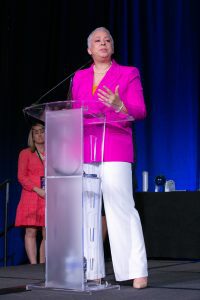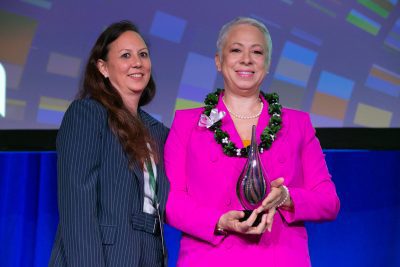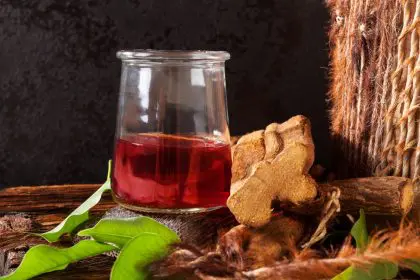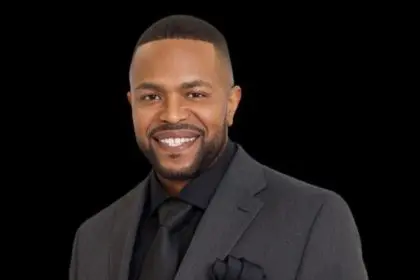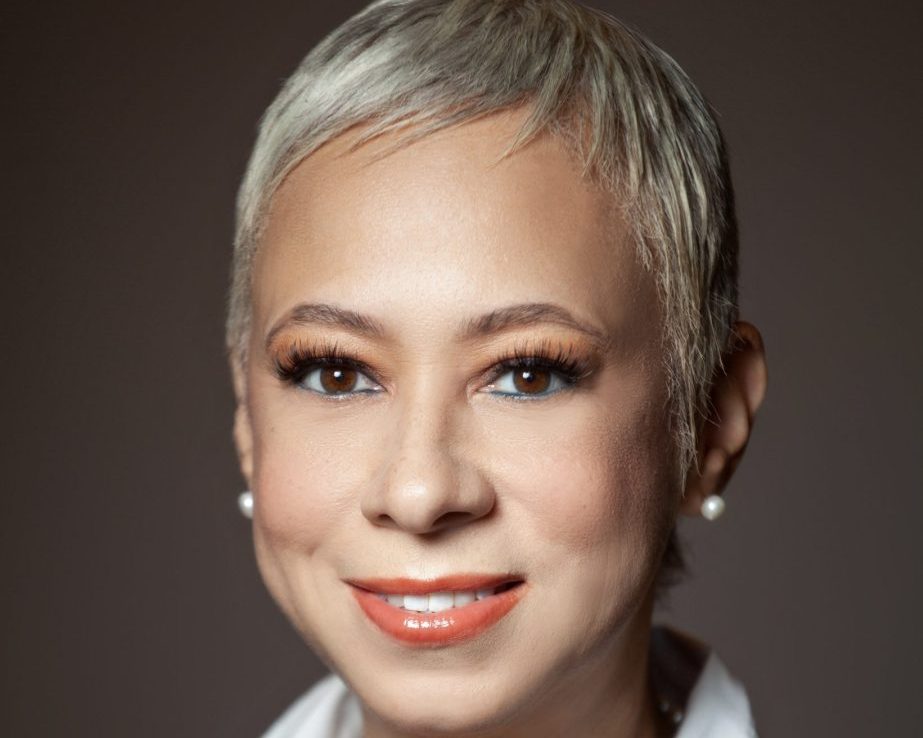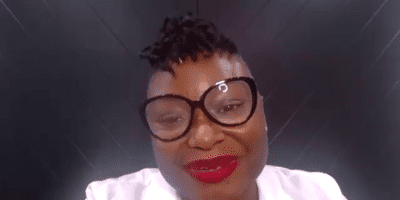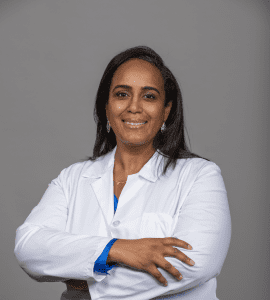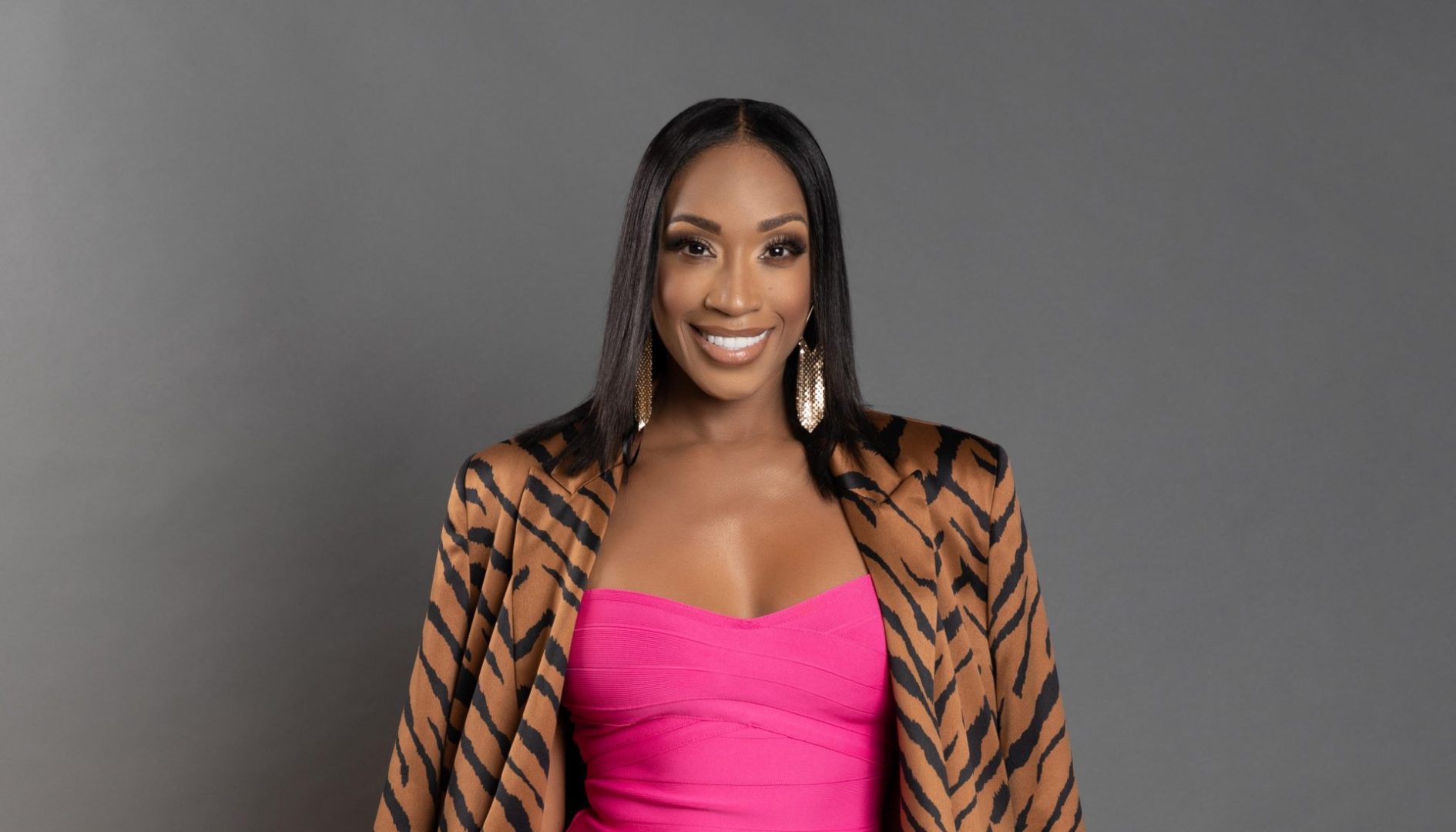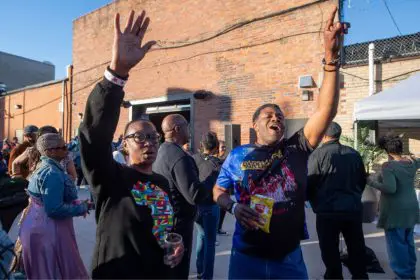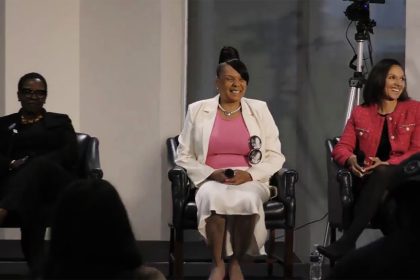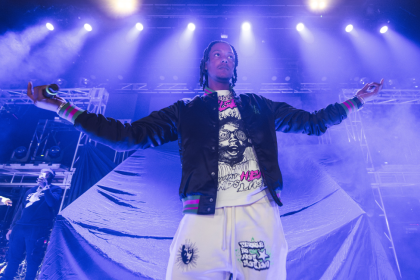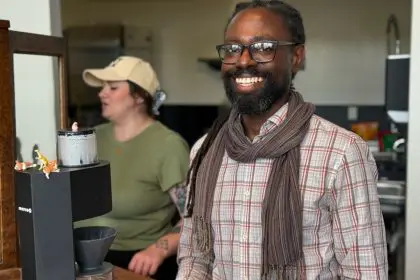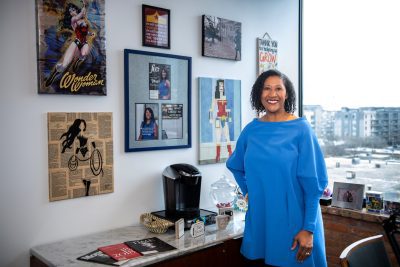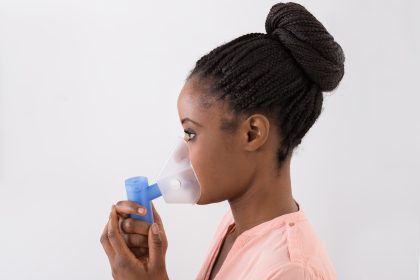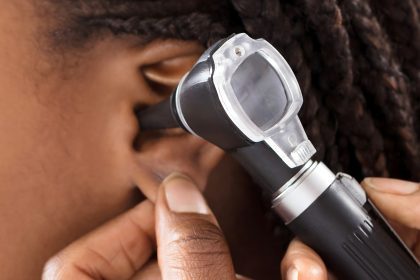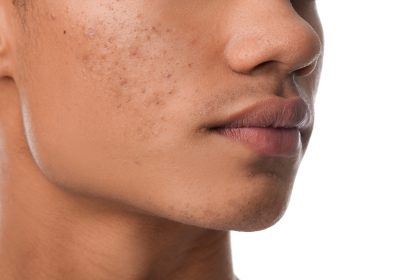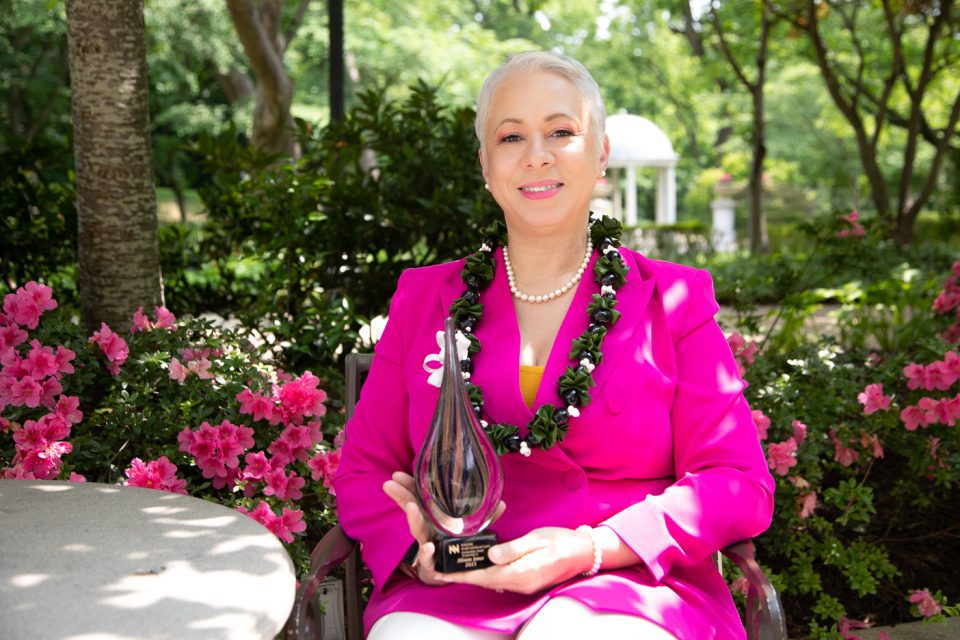
Minou Jones is the chair of the Detroit Wayne Oakland Tobacco-Free Coalition and the CEO of Making It Count Community Development Corp., which educates the Detroit community on the effects of menthol cigarettes and tobacco. Her main concern is how tobacco products are marketed in colorful packaging that oftentimes attracts the younger population.
Jones was recently honored by the National Network of Public Health Institutes with the Health and Racial Equity Award. She was honored for her dedication to communities impacted by tobacco and menthol use.
Rolling out spoke with Jones after the ceremony about how she’s encouraging the Black community to refrain from using tobacco, and why mothers deserve grace this holiday.
Why have you made it your mission to change the tobacco policy in the city of Detroit?
I am, and have always been, a protector. It is who I am at my core. Tobacco kills more people than alcohol, car crashes, murders, AIDS, and suicides combined according to the campaign for Tobacco-Free Kids in 2023. I want to save Black lives. The tobacco industry put a freeze on local control in 1993. Local municipalities are currently preempted from passing tobacco laws that are more stringent than the state law and Michigan doesn’t currently have a ban on flavored tobacco products. This has allowed big tobacco to market flavored tobacco products to our kids. You can’t go into a convenience store in a Black community without being bombarded by colorful tobacco marketing. Black communities are always hit harder. I believe we know what’s best for our kids and our community. I want control to be given to communities to make those decisions. We need to ban all flavored tobacco products in Michigan or at least repel preemption to give local municipalities control to do so.
How has tobacco impacted your life?
I lost my dear uncle to lung cancer during the pandemic, and I lost my dad to emphysema last November. When a loved one is diagnosed with an illness, we want the information to understand their illness and how we can make them better. We become experts. I am a tobacco control expert and advocate because I have seen and am devastated by the loss.
Pregnant women smoke cigarettes and other products like vapes and marijuana. What are the consequences?
I grew up in a household where both of my parents smoked Newport [cigarettes]. I was one of those kids who hid their cigarettes, broke them in half, and begged them to stop but nothing worked. Kids really don’t have a say in their health, especially in the Black community. Smoking around kids normalizes the behavior as safe and no big deal, but it is. Detroit has the highest rate of asthma and sudden infant death syndrome (SIDS). Secondhand smoke is killing our babies and loved ones too.
Why do Black mothers need more love from society?
We are stressed out. Parenting is stressful, especially if you don’t have help or a solid income. I raised four boys in the inner city, where there were gangs, gun violence, drugs, low-performing schools, lack of affordable recreational activities, and no transportation. Villainizing mothers for smoking only adds to their stress. We need to focus on fulfilling their needs to reduce their stress, then they will be able to focus on their health and quitting. As a Black mom, I wasn’t focused on my health or stress, I was focused on getting my kids to school, putting food on the table, and making sure my kids were safe. It becomes a vicious cycle. When you are in it, you don’t see the madness and damage you are doing to your kids or your health by smoking. You are just doing what you need to do to cope and get by. If people truly cared, they would be devoting more resources to moms instead of showing up at funerals with tears and flowers. Prevention is key.
What role did tobacco play in the enslavement of Black people and what facts are often unknown about its current impact?
The slave trade was fueled by our people being stripped from our homeland to harvest cotton, sugar and tobacco. We have been used for their profit since slavery and we continue to make them rich at our expense. The tobacco industry is slick with it. They pour money into campaigns for elected officials, Black culture events and media. You would think they care about us, but it’s the biggest lie ever told. We lose 45,000 Black lives in the U.S. each year to tobacco. It is the No. 1 killer of African Americans.
Describe your youth advocacy training and outreach.
Youth voices are powerful. We have been able to provide youth with opportunities to be heard on a national stage. We have also created a powerful tool to educate and empower youth. Our video series launched last year with Willie Menthol Wilson. This video short educates youth about the tobacco industry’s marketing tactics, nicotine addiction, and how using your experience can influence positive change with friends, family, and your community.
Finish the sentence, “Every day I want to …”
Wake up and learn something new. As a mother, I am always thinking about protecting children and praying my children outlive me. Let’s work together to save Black lives. Self-care is important because you can’t save people if you aren’t here.
Photo gallery credit: rolling out

